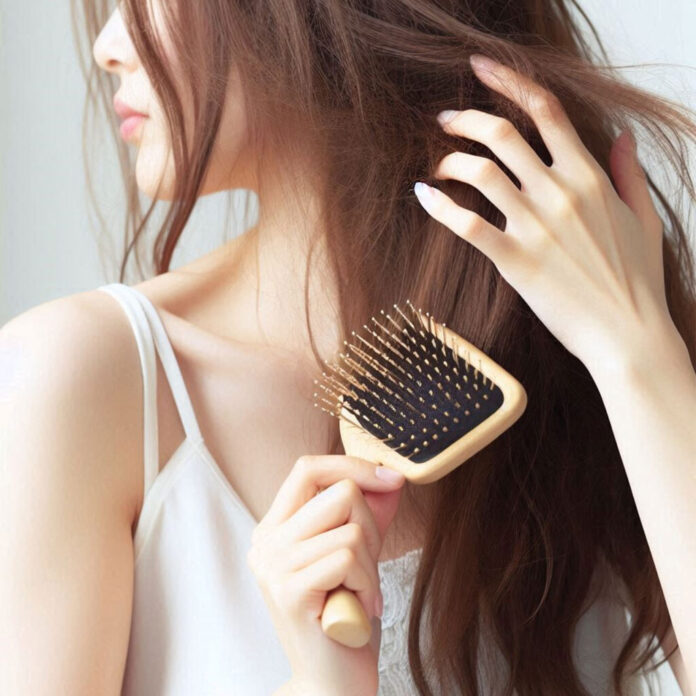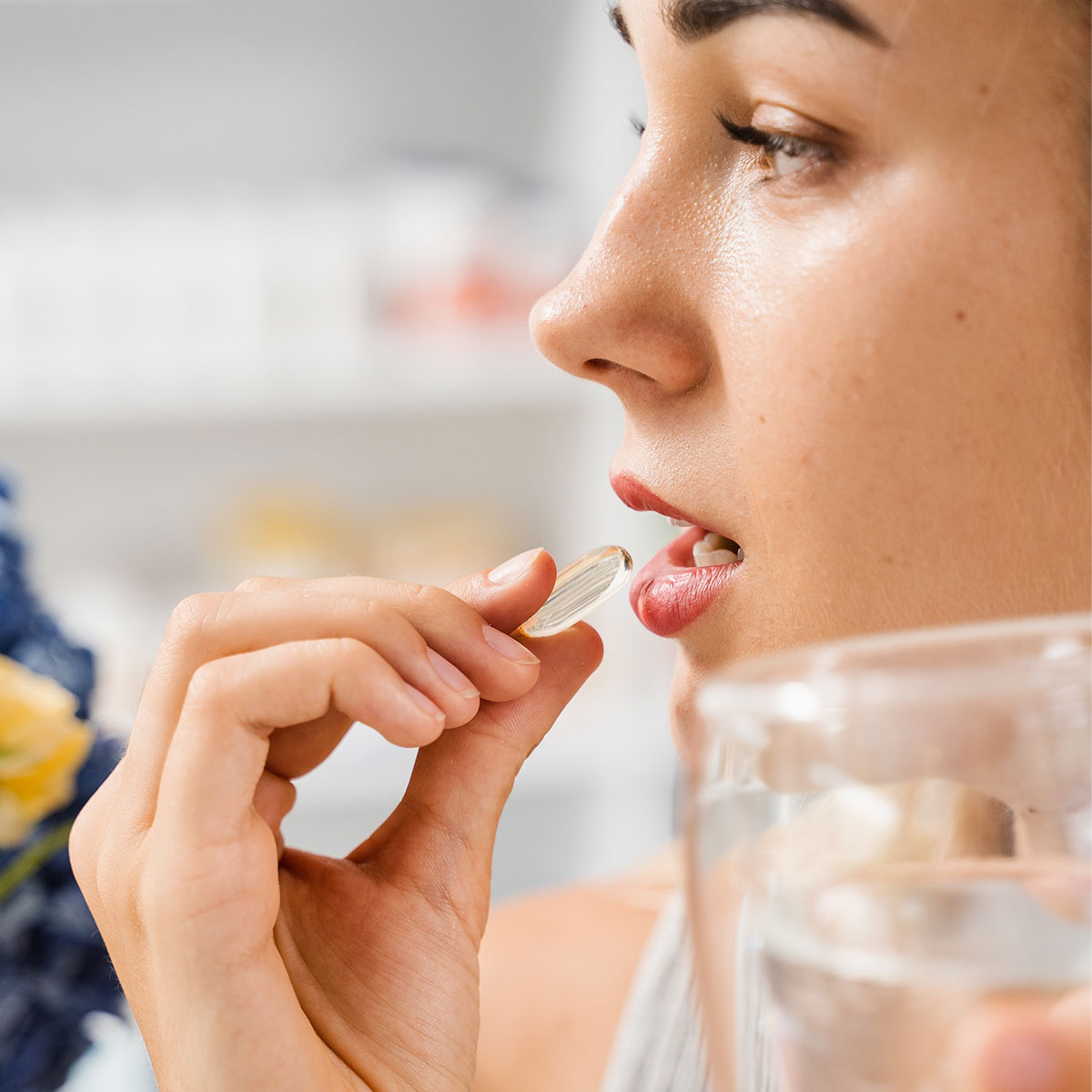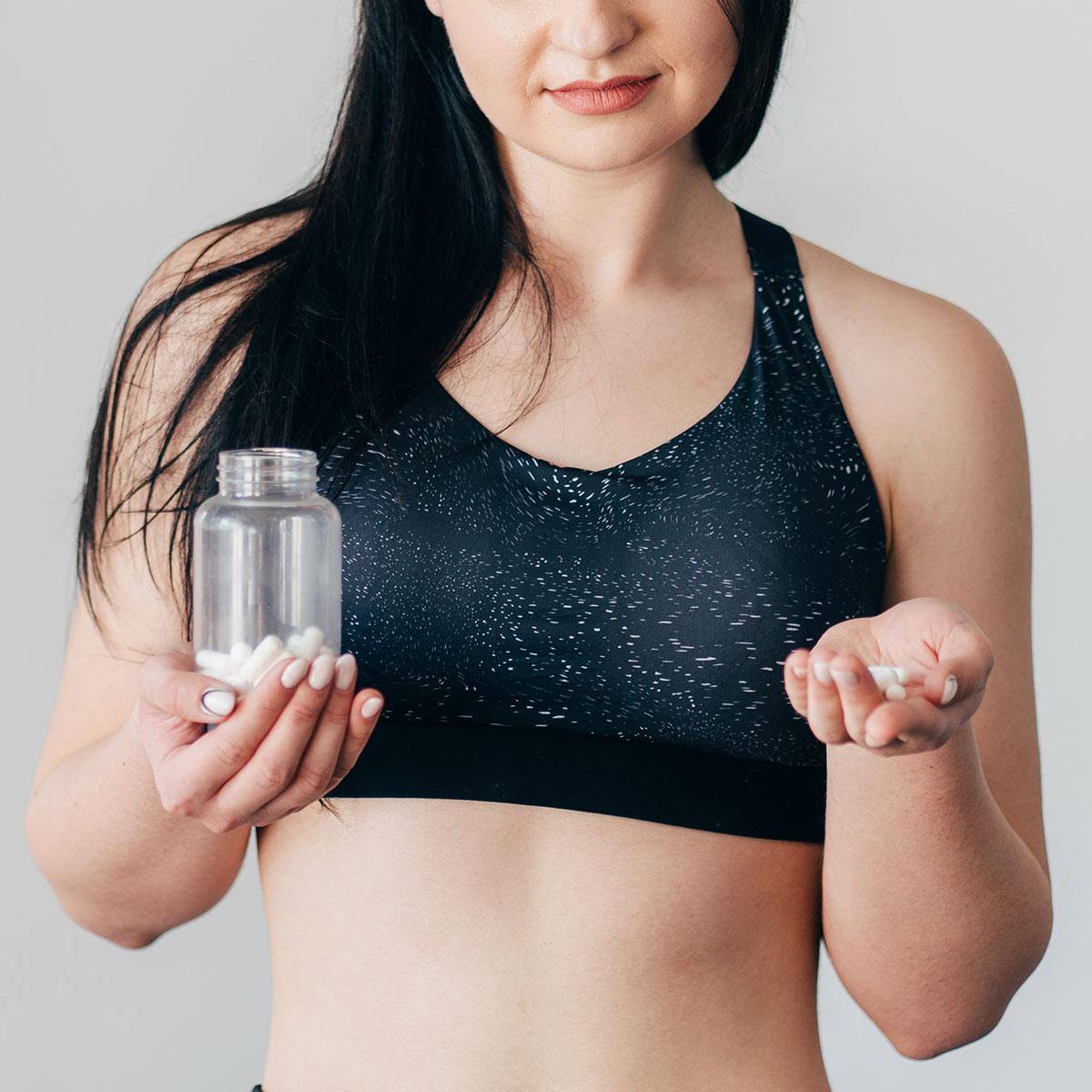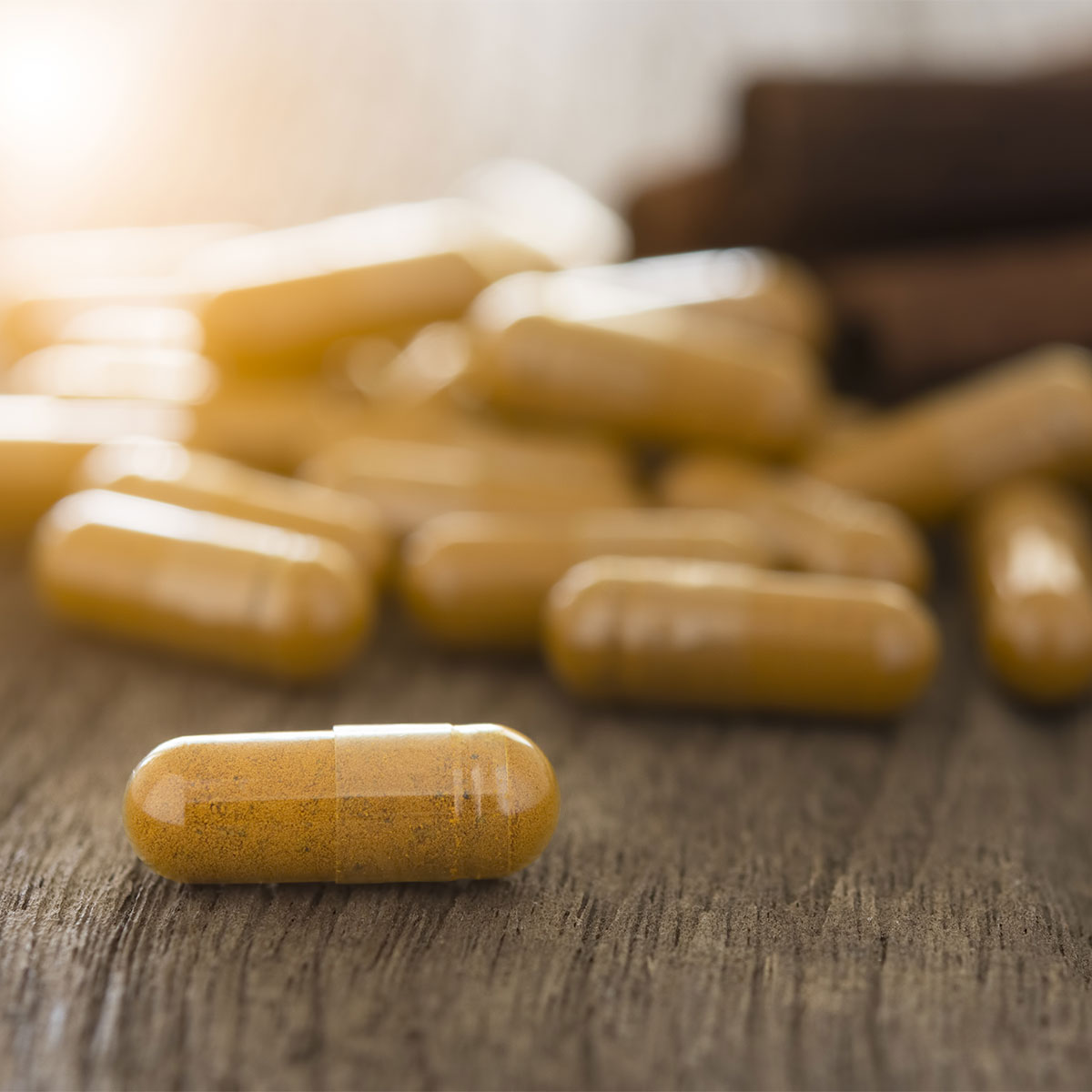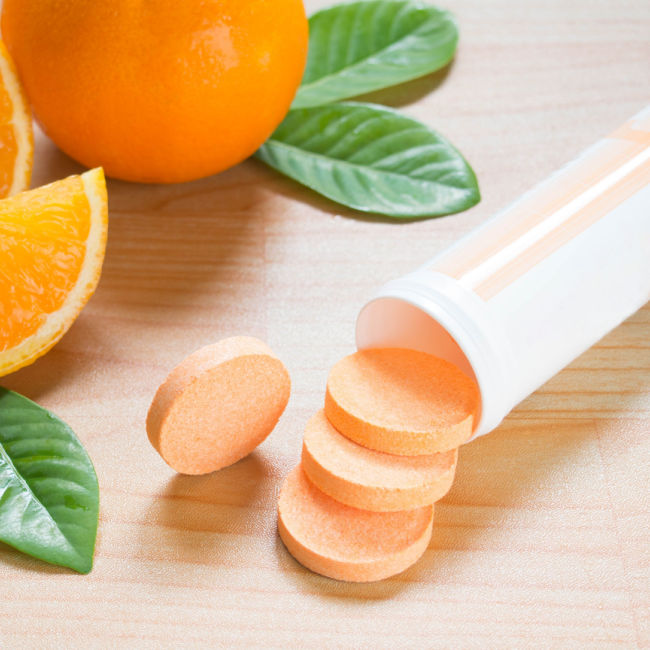When considering supplements to enhance hair growth and fortify your locks, biotin, vitamin B, or keratin are likely the first to surface in your thoughts. These are indeed excellent choices often endorsed by dermatologists and physicians. However, we consulted with specialists to uncover five other equally effective supplements and vitamins for stimulating hair growth and addressing thinning hair, which you may not have initially considered.
5 Dermatologist-Approved Vitamins & Supplement Types For Healthy Hair Growth
1. Vitamin D
While you might associate vitamin D with sunshine and bone health, this nutrient also plays an important role when it comes to your hair and scalp health. Kung says that “studies show that female pattern baldness can be improved by supplementing the diet with low levels of vitamin D.”
She adds that “one of the most dermatologist-recommended supplements for hair growth is Nutrafol,” launched in 2016. Factor notes that “consuming a diet lacking the right nutrients, including vitamin D, can lead to hair loss.”
On the other hand, she says that “eating a balanced diet with vitamin D can help promote hair growth, especially if you’re experiencing hair loss due to poor nutrition.”
2. Pumpkin Seed Oil
Abdullah explains that a pumpkin seed oil supplement has “been scientifically proven to grow more hair and aid those who have thinning hair.”
She goes on to say that “pumpkin seed oil is worth it as a supplement ingredient, or even all by itself.” She also notes that vitamin D, biotin and pumpkin seed oil may be more beneficial to try than “collagen, elastin, and coconut oil” supplements.
3. Vitamin E
Abdullah says that vitamins like “vitamin E also give the hair follicles what they need to grow more hair.” Factor concurs, and points out that “a lack of the right nutrients including vitamin E, protein and essential fatty acids may slow down hair growth or even cause hair loss.”
According to the experts, Vitamin E’s potent antioxidant qualities can effectively uphold hair growth by minimizing the impact of oxidative stress and free radicals that negatively impact hair follicle cells.
4. Saw Palmetto
Incorporating saw palmetto into your day can prove to be advantageous in reducing hair loss, Hilton says, as it is a highly sought-after ingredient in the realm of haircare.
“Saw palmetto is a natural extract from the berries of the Serenoa repens plant and has been used for centuries for the treatment of various conditions including hair loss,” she explains. Hilton adds that “saw palmetto works by blocking the production of DHT,” which helps to “reduce hair shedding.”
Kung concurs, and points out that because saw palmetto is a DHT blocker, it is “helpful in the treatment of female pattern baldness that can become quite apparent when a woman is in her 40s.”
5. Vitamin C
Many people may not realize that vitamin C offers more than just radiant skin; it also promotes hair growth, according to Robertson. Taking vitamin C can help “increase metabolism and nervous system functioning, increase red blood cells, help in maintaining immunity, and make hair stronger,” he notes.
In addition, vitamin C plays a crucial role in the body’s production of collagen, a protein essential for the growth and fortification of hair. It enhances the body’s ability to absorb iron, a vital element for maintaining robust and healthy hair. According to Robertson, a lack of iron can lead to persistent hair loss and inhibit hair from reaching a long length. “Iron plays an important role in hair growth as iron deficiency is the main reason for hair fall when a body does not receive enough,” he says.
Dieting Advice For Healthier Hair Growth
Ultimately, both Kung and Abdullah stress that visiting a dermatologist and/ or other hair expert to assess your scalp and hair loss is best when looking for a supplement. One supplement will not treat everyone’s individual hair loss or thinning hair problem, they say, and taking many at once will not either. When prioritizing your hair health, Factor says to look at your diet, first and foremost.
“How fast your hair grows depends on factors like age, health, genetics and diet. Although you can’t change factors like age and genetics, diet is one thing you have control over,” she explains. “In fact, consuming a diet lacking the right nutrients can lead to hair loss.
On the other hand, eating a balanced diet with the right nutrients can help promote hair growth, especially if you’re experiencing hair loss due to poor nutrition,” she continues. With that said, Factor recommends foods like “legumes, like lentils, that are packed with nine essential vitamins and minerals, including B vitamins and biotin.”
She also advises eating more eggs, as they “also contain B12, vitamins A and E, iron, and biotin.” “What you eat can have a huge effect on the health of your hair,” Factor stresses while also listing nuts, seeds, liver, sweet potatoes, mushrooms and bananas as more biotin-rich foods.
